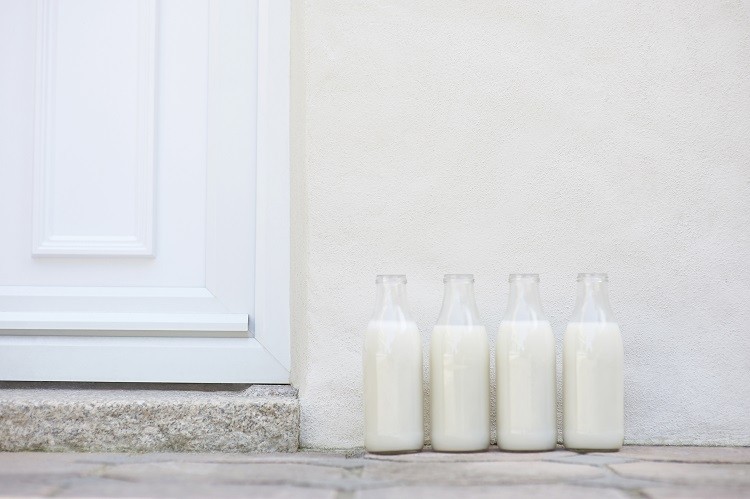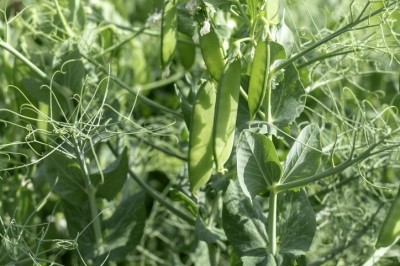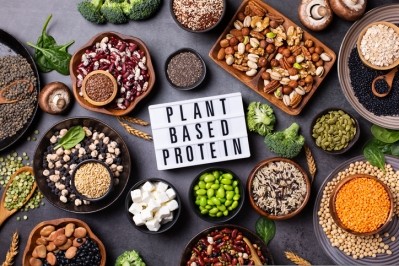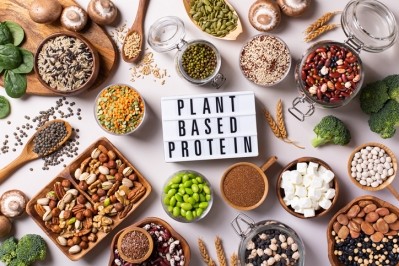Danish company rethinks nutrition of plant-based drinks

Dryk is a Danish plant-based drinks company launched in 2020. It makes plant-based drinks from oats sourced in Norway and yellow split peas sourced from France.
Pea protein is considered one of the best ingredients with which to make plant-based drinks. It has a good protein content and a strong nutritional quality, and its greenhouse gas emissions are lower than other similar products. Oats, which Denmark has a long history of producing, are also a popular choice for plant-based drinks, as their high carbohydrate content makes them great for frothy drinks like cappuccinos. Dryk also uses more unusual ingredients like hemp and quinoa.
In the future, Dryk aims to use more local ingredients to lower its carbon footprint. It already eschews the use of rice, which is mainly grown in Asia, and almonds, which are mainly grown in North America, in its drinks in order to reduce its carbon footprint.
The most noteworthy thing about Dryk, however, is that it enriches its drinks with the vitamins and minerals that one finds in cow’s milk. Its products contain B12, riboflavin, calcium, and vitamin D.
The nutritional value of plant-based drinks is greatly affected by the nutrients in the soil where its raw materials are grown, as well as how these materials are managed by the farmer who grows them. Thus, the raw materials need to be enriched with the right vitamins and minerals to ensure that they have the nutritional content of cow’s milk.
Each of Dryk’s drinks, which are certified as 100% vegan, are enriched with a microgram of Vitamin D, 0,21 micrograms of riboflavin, 0,38 micrograms of Vitamin B12, and 120 micrograms of calcium.
Dryk regulates its products’ vitamin and mineral content, ensuring that each batch has the same amount before it goes on sale. Dryk also does not, unlike many plant-based drinks, contain boiled-down plant-based syrup – the company sticks exclusively to using raw materials.
International appeal
According to some estimates, around 68% of the world has some form of lactose intolerance. The percentage is much higher in some parts of Asia and Africa, with some countries having a near 100% rate of lactose intolerance.
However, many of the options on offer do not compare nutritionally to cow’s milk.
Dryk, providing the same nutritional qualities and taste as cow’s milk, has a strong international standing to populations already used to drinking plant-based drinks, offering those with lactose intolerance a nutritional approximation of cow’s milk.































